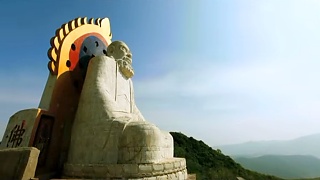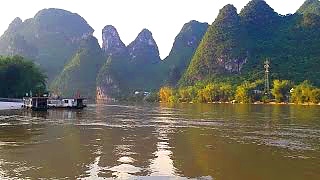'Umbrella' protests 2. Who's behind the curtain and what is the real agenda ?
With Michelle Greenstein and Rick Sanchez of RT ...
[640],shadow=true,start=,stop=Live more ...
 Cloak and dagger in Hong Kong
Cloak and dagger in Hong Kong'Umbrella' protests 2. Who's behind the curtain and what is the real agenda ?
With Michelle Greenstein and Rick Sanchez of RT ...
[640],shadow=true,start=,stop=

|
ZheJiang province. With Walk East ...
|

|

|
Bonus film - with Lee Barrett ...
|

|
With EastCultures ...
|

|
KaiFeng is one of China's eight ancient capitals and has a population and culture partly based on the Muslim Hui ethnic minority.
|

|
Ancient roots, modern outlook; a wide variety of natural landscapes; diverse cultures; so much to see and do; welcome to China ...
|

|
One of the 'Eight Great Ancient Capitals' of China.
Great music in this beautiful film ...
|

|

|
A beautiful film - don't miss it ...
|